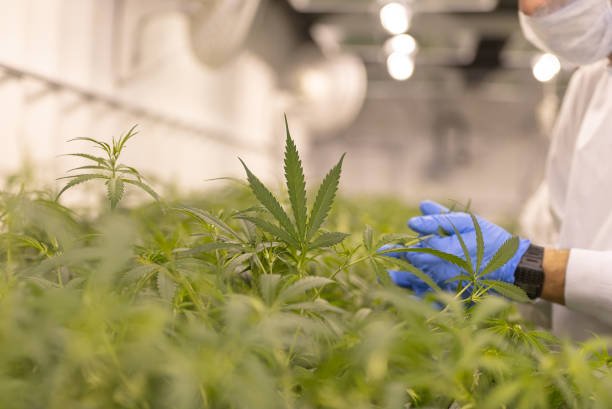Difference Between Legal and Illegal Drugs with Examples: South Africa
Skip to content
Skip to footer
Difference Between Legal and Illegal Drugs with Examples- South Africa
Difference Between Legal and Illegal Drugs with Examples: South Africa

